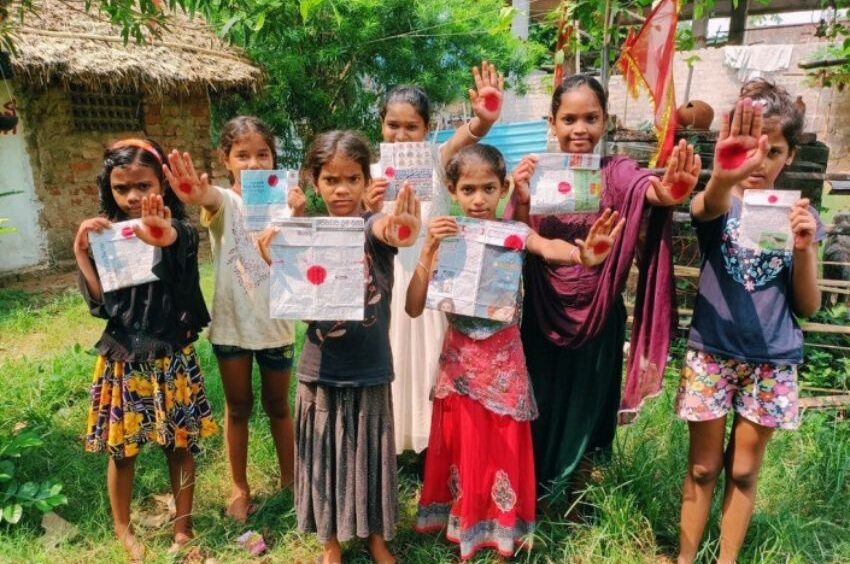Hinduja Foundation Empowers Over 8 Lakh Youth Across India

‘Road to School’ and ‘Road to Livelihood’ initiatives mark World Youth Skills Day with measurable progress across 15 states
On World Youth Skills Day, the Hinduja Foundation, the philanthropic arm of the Hinduja Group, announced that its education and skilling initiatives have benefitted over 8 lakh young individuals across 15 states in India. These programmes, implemented in collaboration with various Hinduja Group companies, are designed to strengthen foundational education and improve employability among underserved communities, in line with the Government of India’s Skilled India vision and Viksit Bharat development agenda.
The Foundation’s education initiatives, particularly the Road to School and the Haryana Development Impact Bond, have collectively reached more than 7.44 lakh students as of FY25. These efforts have extended across 7,965 schools, positively impacting 18,000 educators and engaging around 2.4 lakh community members. The organisation reports a reintegration rate of 72 per cent for school dropouts, and notes that 15,464 students have transitioned from private institutions to government-supported project schools under its programme.
On the skilling front, the Road to Livelihood programme and other vocational training efforts have reached nearly 1 lakh youth. These initiatives aim to enhance digital literacy, communication skills, and workforce preparedness, enabling young people to navigate a rapidly changing economic landscape.
Namrata Hinduja, Member of the Steering Committee of the Hinduja Foundation, stated that youth empowerment is central to the Foundation’s approach. She emphasised that the focus is not only on technical skills but also on fostering values and vision to support inclusive and long-term development.
Paul Abraham, President of the Hinduja Foundation, highlighted the importance of bridging the digital divide and preparing youth to participate confidently in a technology-driven economy. He also pointed to the need for greater awareness among young people about pressing issues such as climate change, resource use, and social inequality, and the importance of equipping them to respond to these challenges meaningfully.




























































































































































































































































































































































































































































































































































































































































































































































































































































































































































































































































































































































